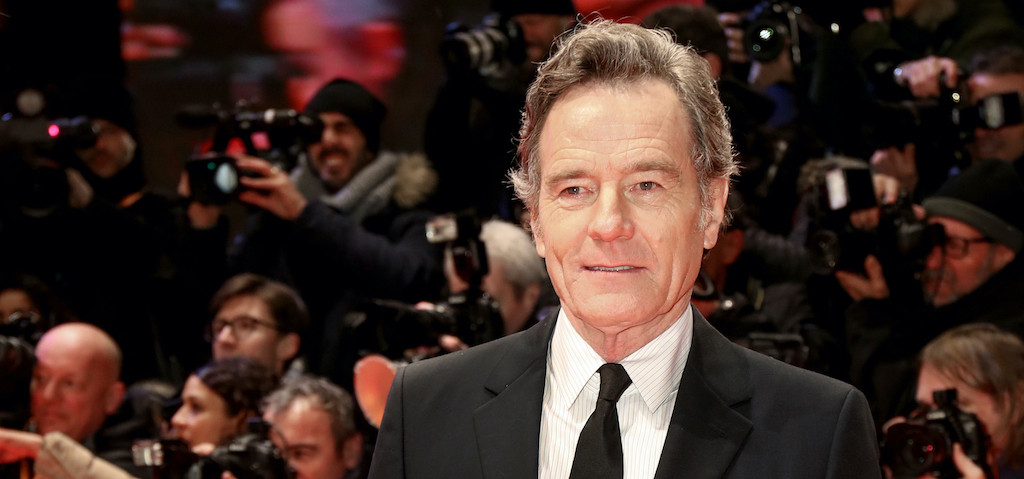
Bryan Cranston is one of the few performers who can do whatever he wants. But doing whatever you want sometimes means turning things down, knowing they might not go over well. That’s how he felt when he stepped away from directing a play that parodied the Ku Klux Klan, suspecting that it might not go over well given the current spike in white supremacy.
In a new interview with The Los Angeles Times (as caught by Page Six), in 2019 a playhouse in L.A. offered Cranston the chance to direct The Foreigner, a play by Larry Shue about an Englishman who puts the kibosh on a KKK plot to take over a Georgian fishing lodge. But after the murder of George Floyd and the protests that erupted, the Breaking Bad alum suspected a comedy lampooning racial tensions might not fly in the current climate.
“It is a privileged viewpoint to be able to look at the Ku Klux Klan and laugh at them and belittle them for their broken and hateful ideology,” Cranston told the publication. “But the Ku Klux Klan and Charlottesville and white supremacists — that’s still happening and it’s not funny. It’s not funny to any group that is marginalized by these groups’ hatred, and it really taught me something.
“And I realized, ‘Oh my God, if there’s one, there’s two, and if there’s two, there are 20 blind spots that I have … what else am I blind to?” he said. “If we’re taking up space with a very palatable play from the 1980s where rich old white people can laugh at white supremacists and say, ‘Shame on you,’ and have a good night in the theater, things need to change, I need to change.”
So instead Cranston accepted a job starring in Power of Sail, about a professor whose decision to have a Holocaust denier speak to his class does not go over well with his students.
“A good play may not change your life, but it could change your day,” Cranston explained. “To go deeper, a play can also stimulate the mind. It can make you question your thought process — your dogma. It could challenge you.”
(Via The Los Angeles Times and Page Six)
